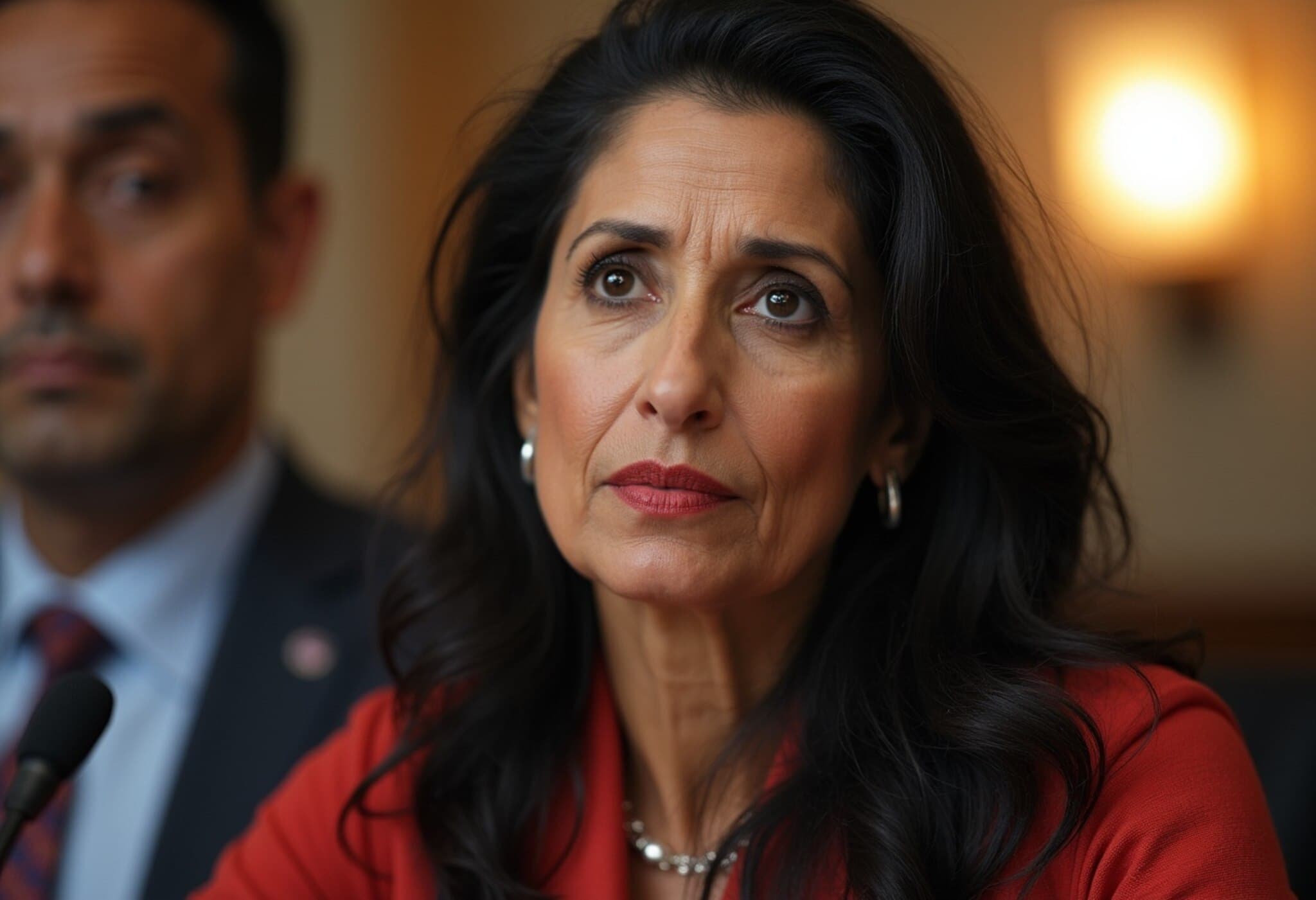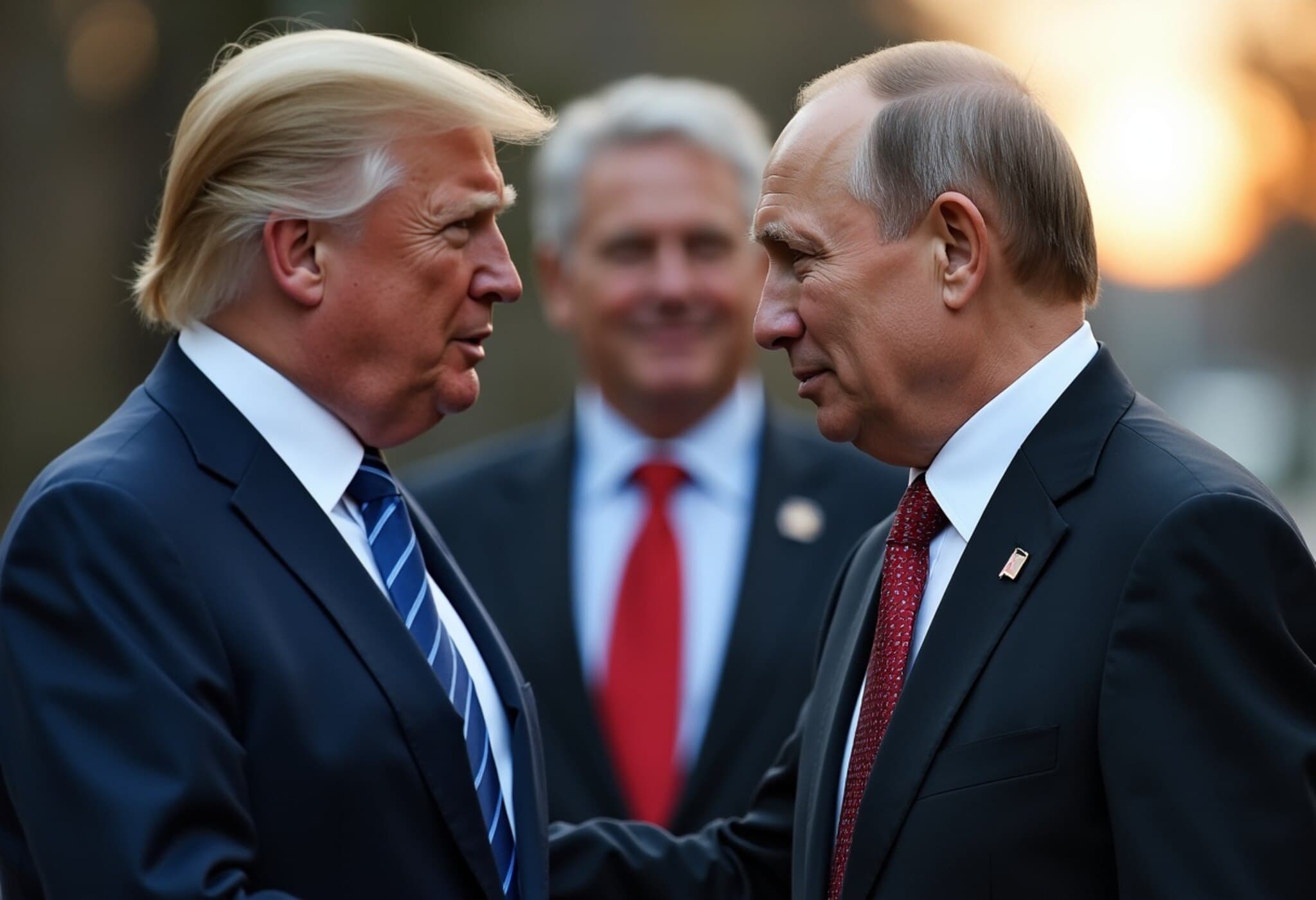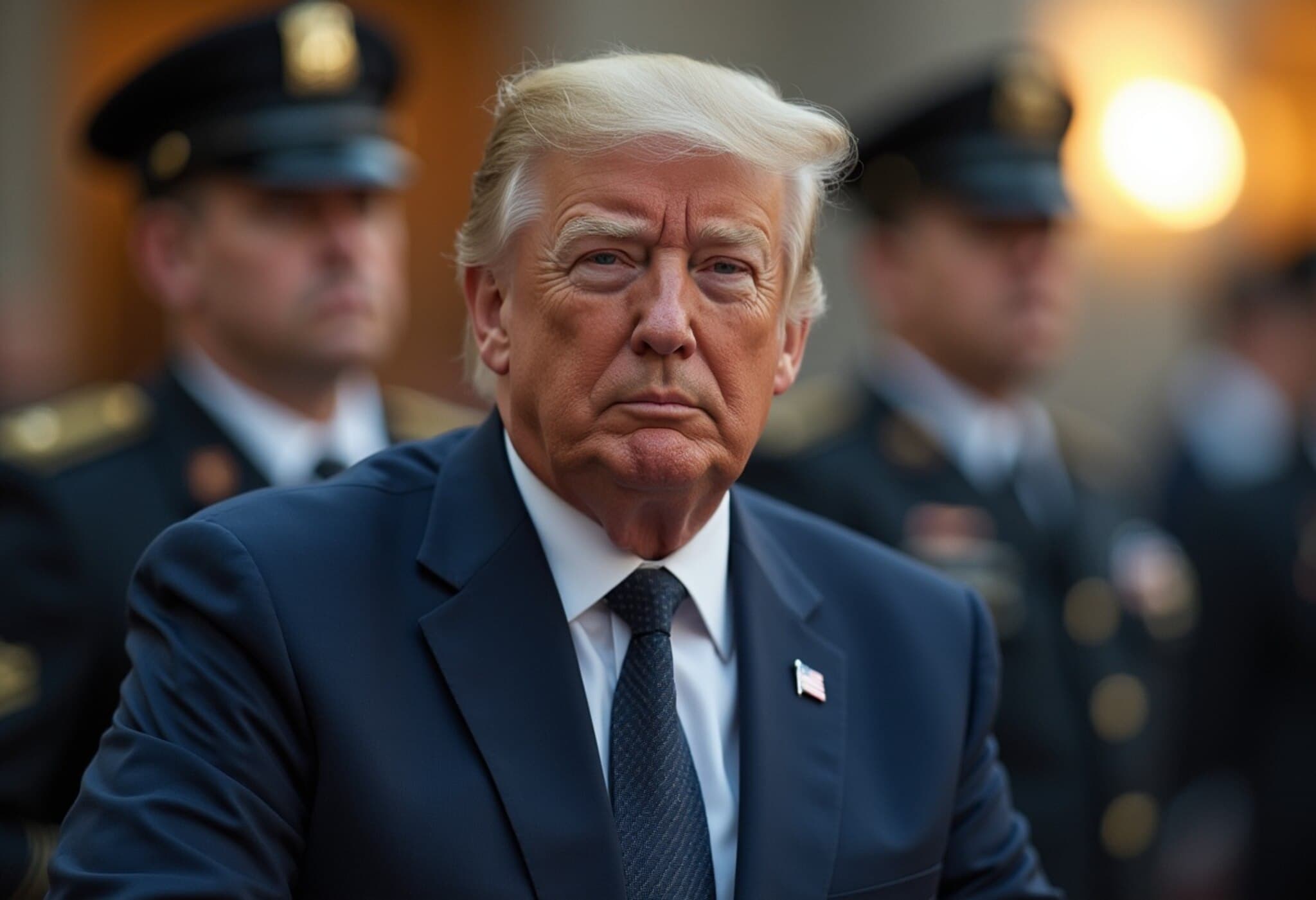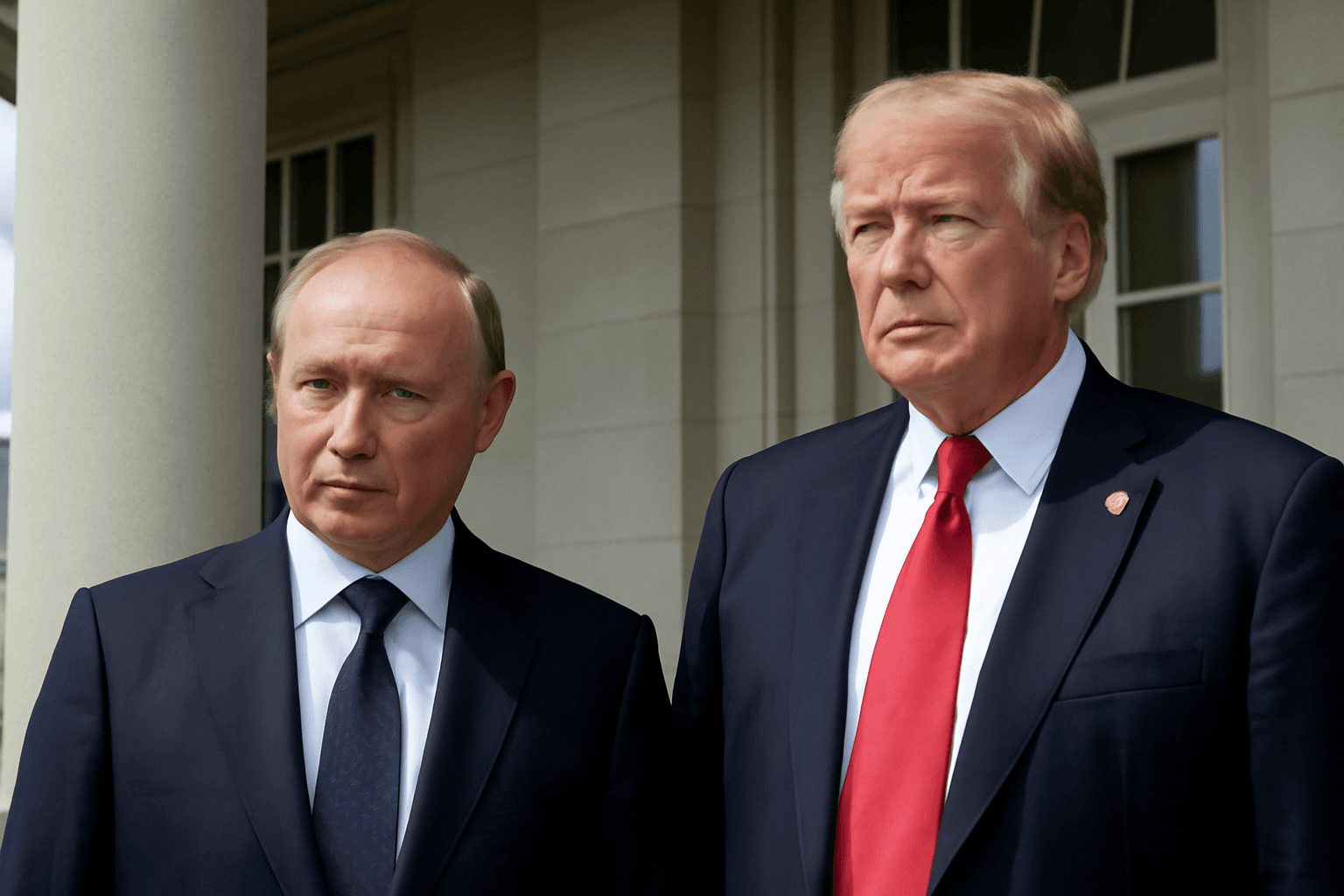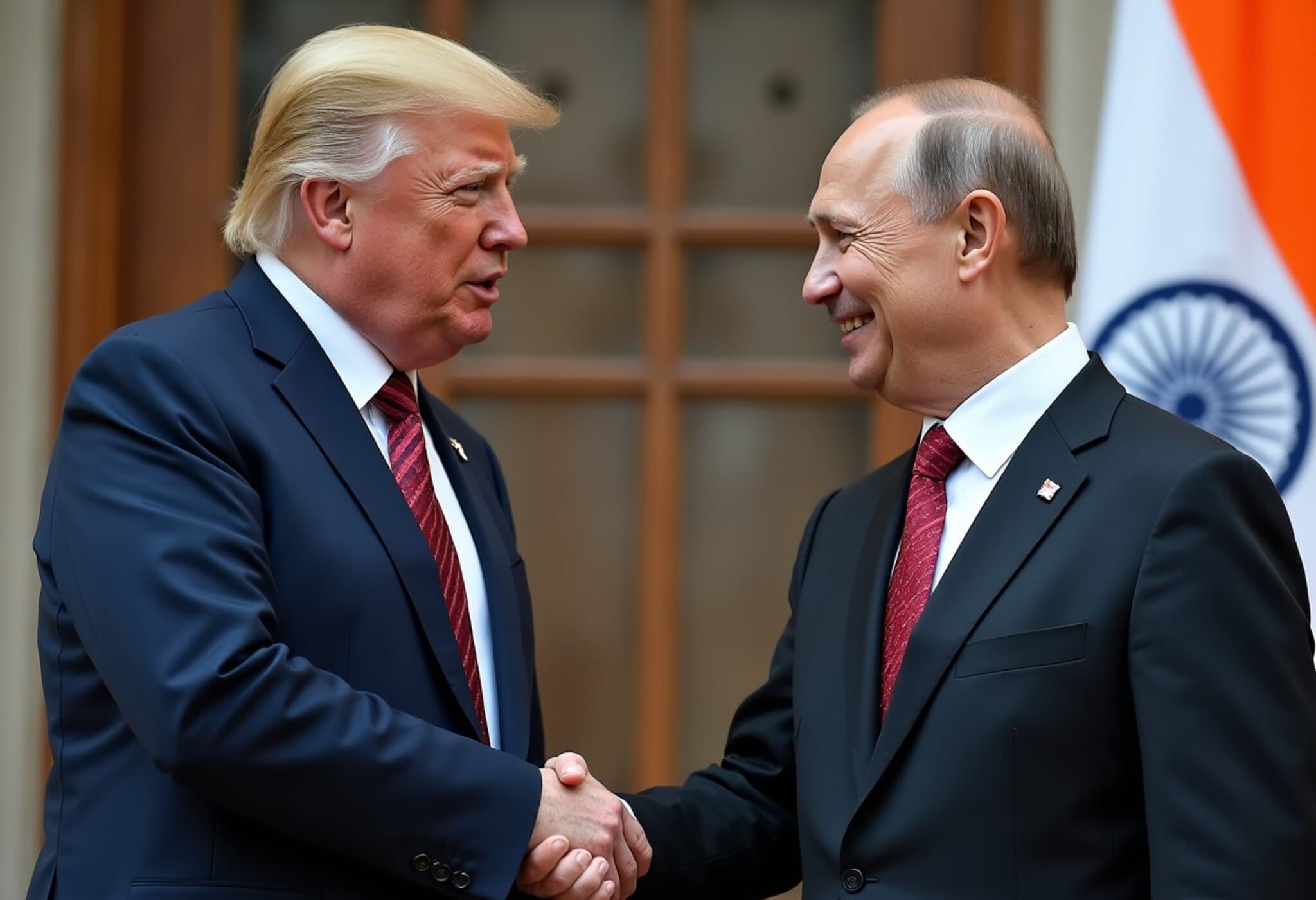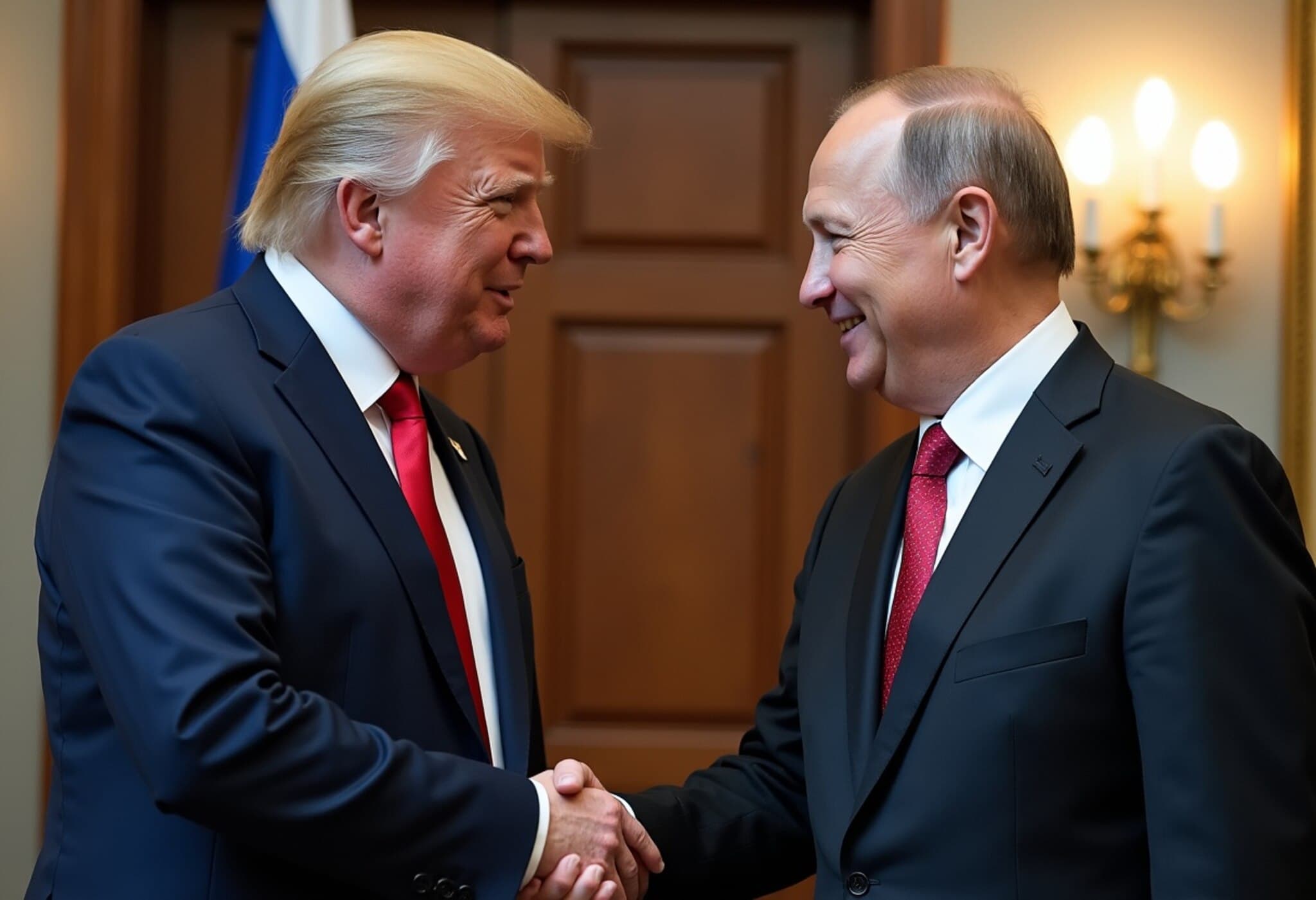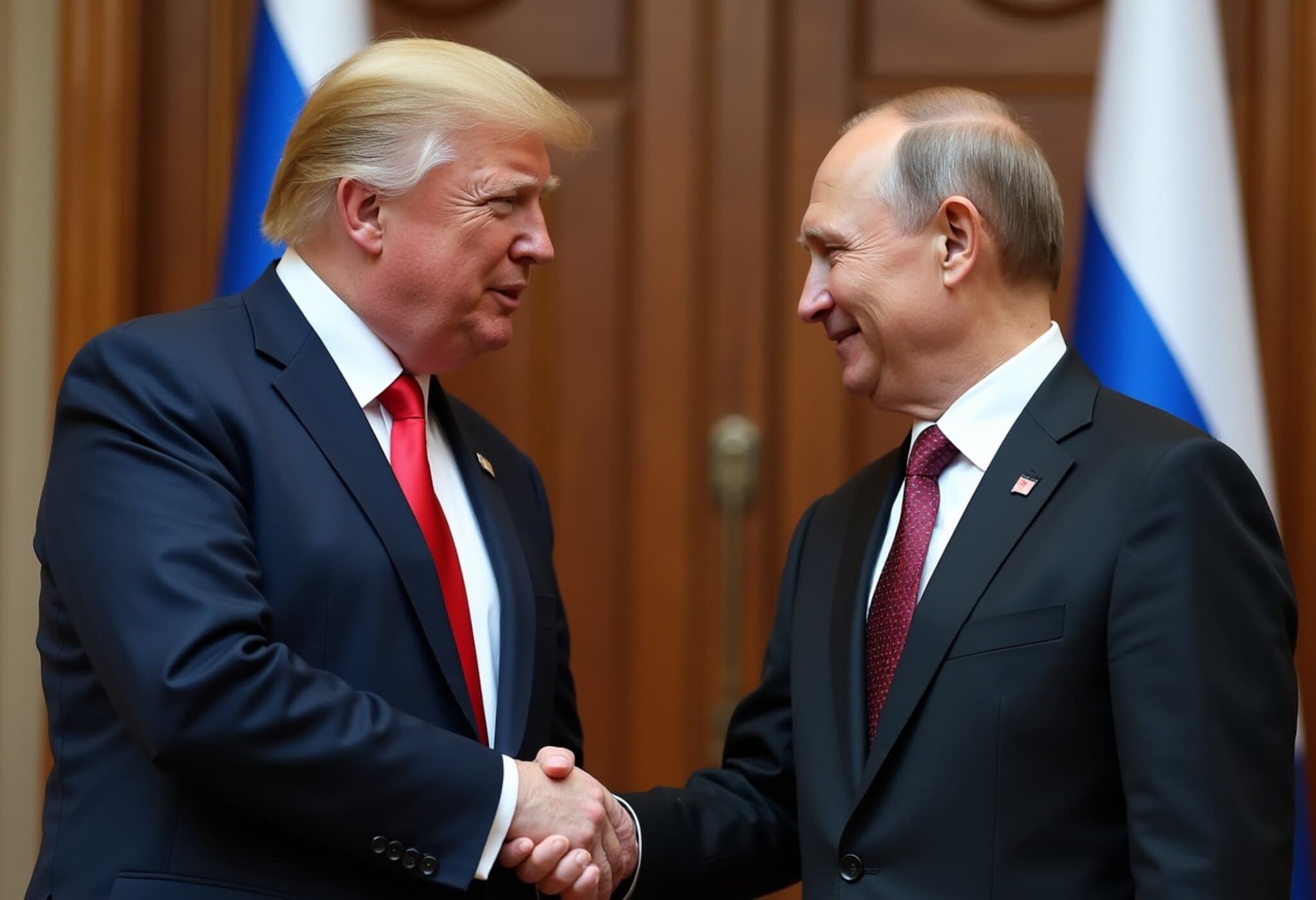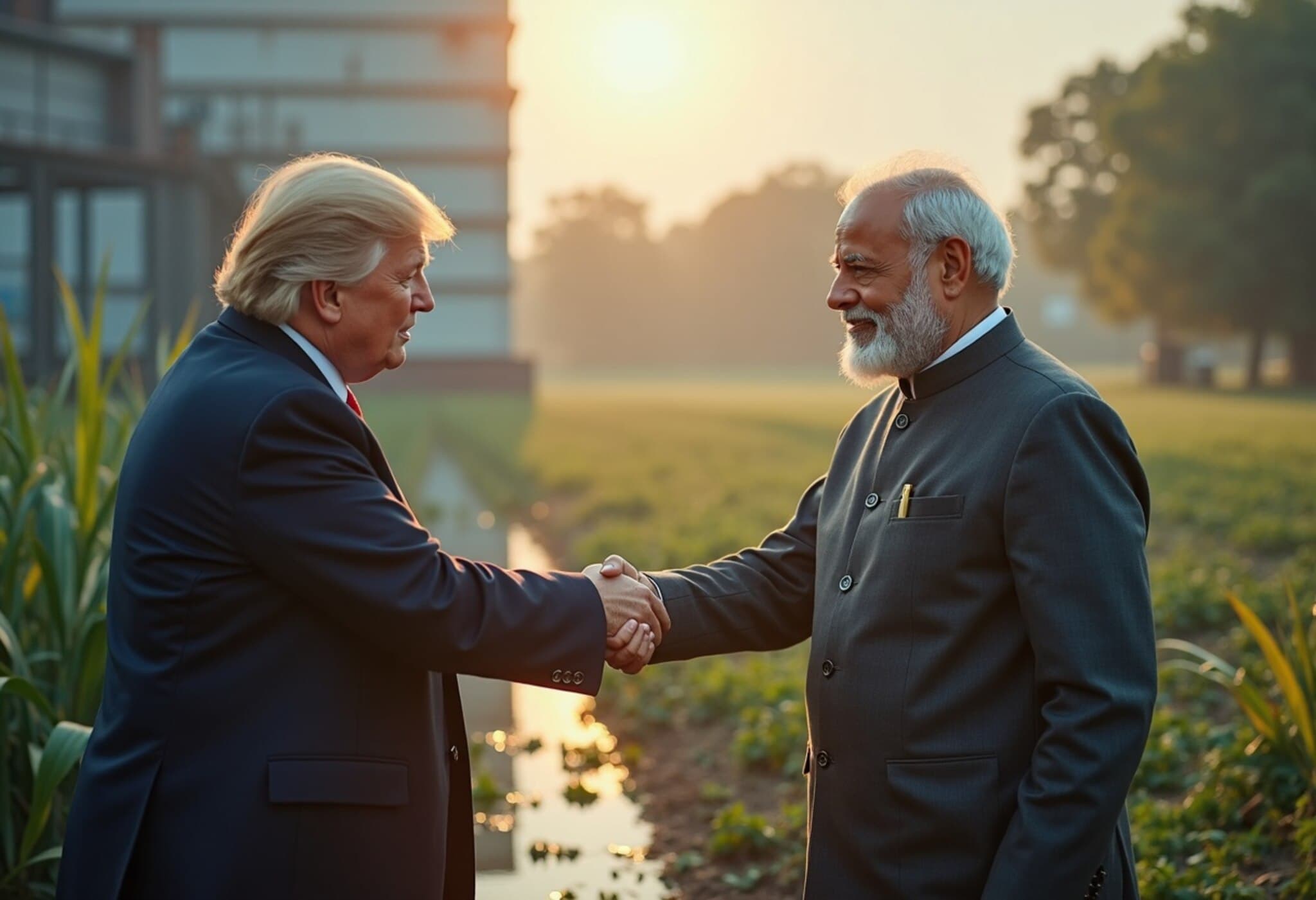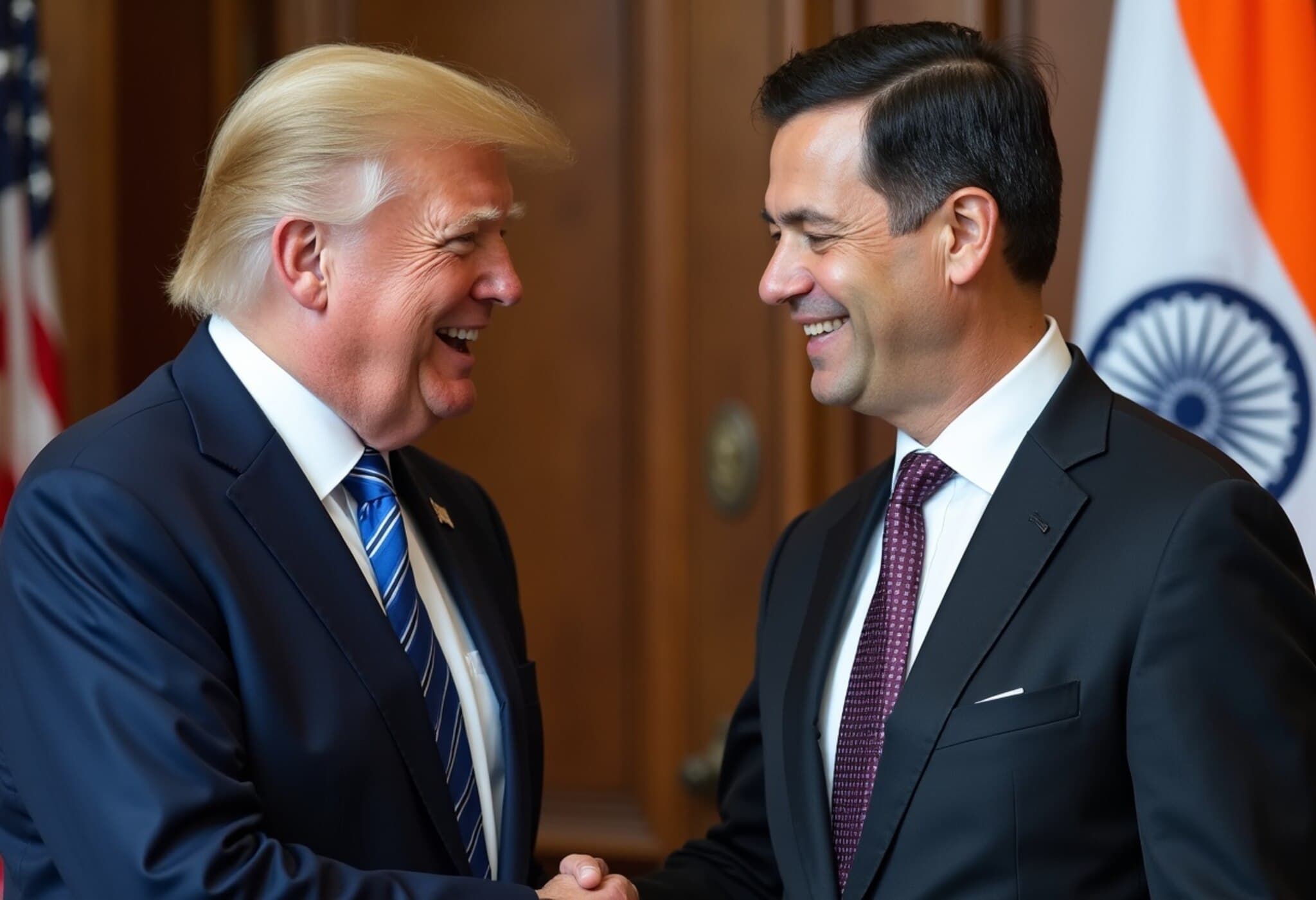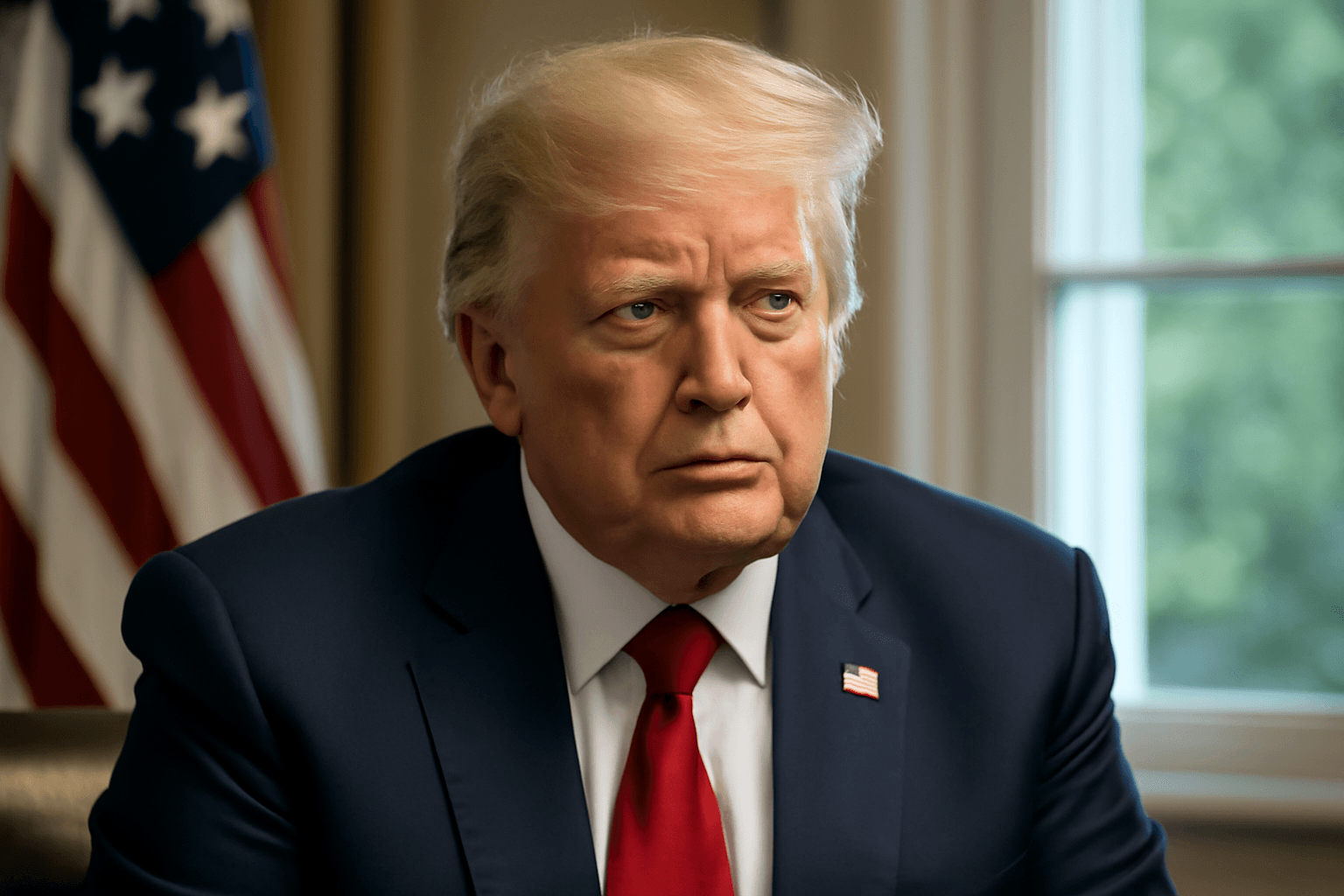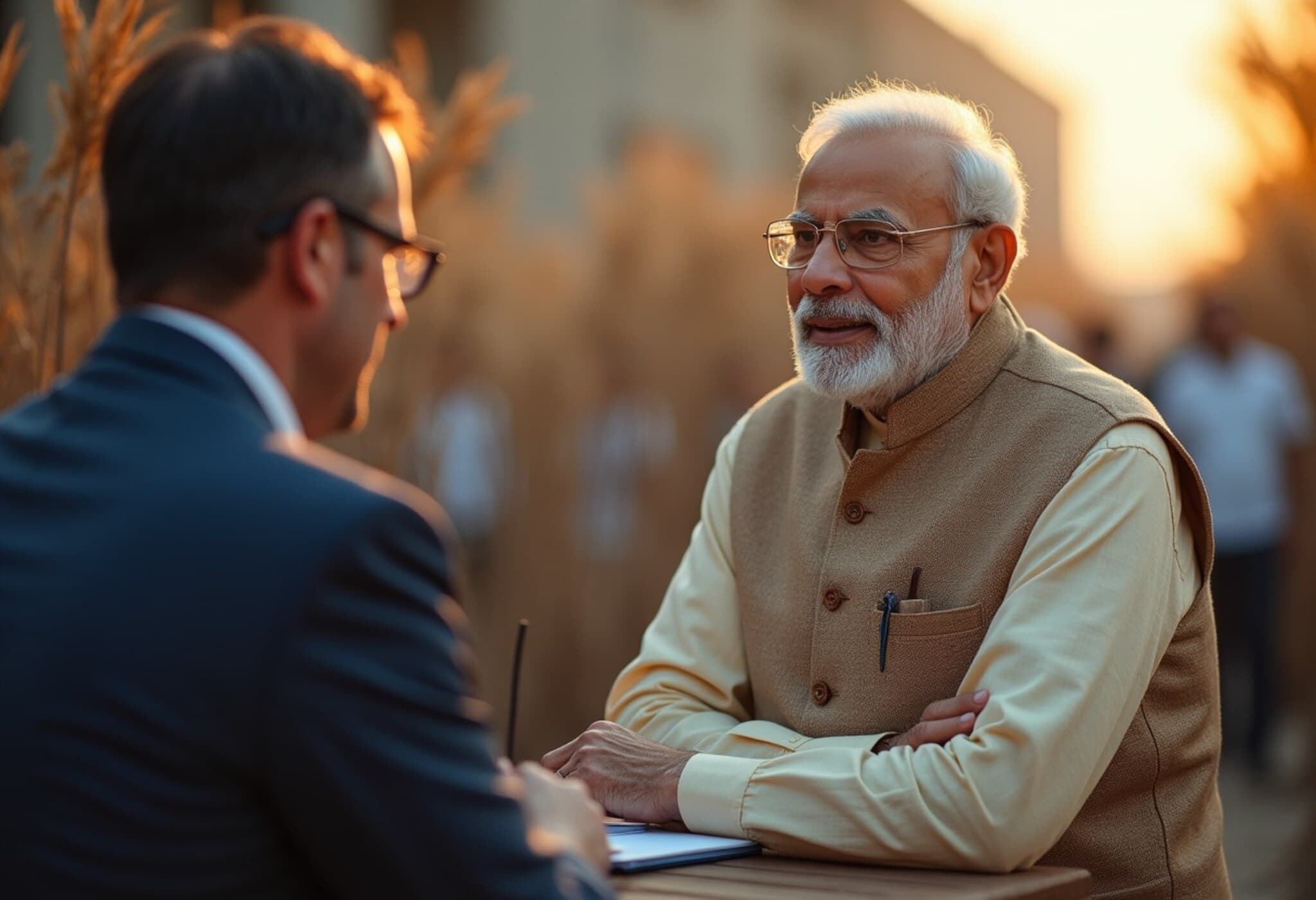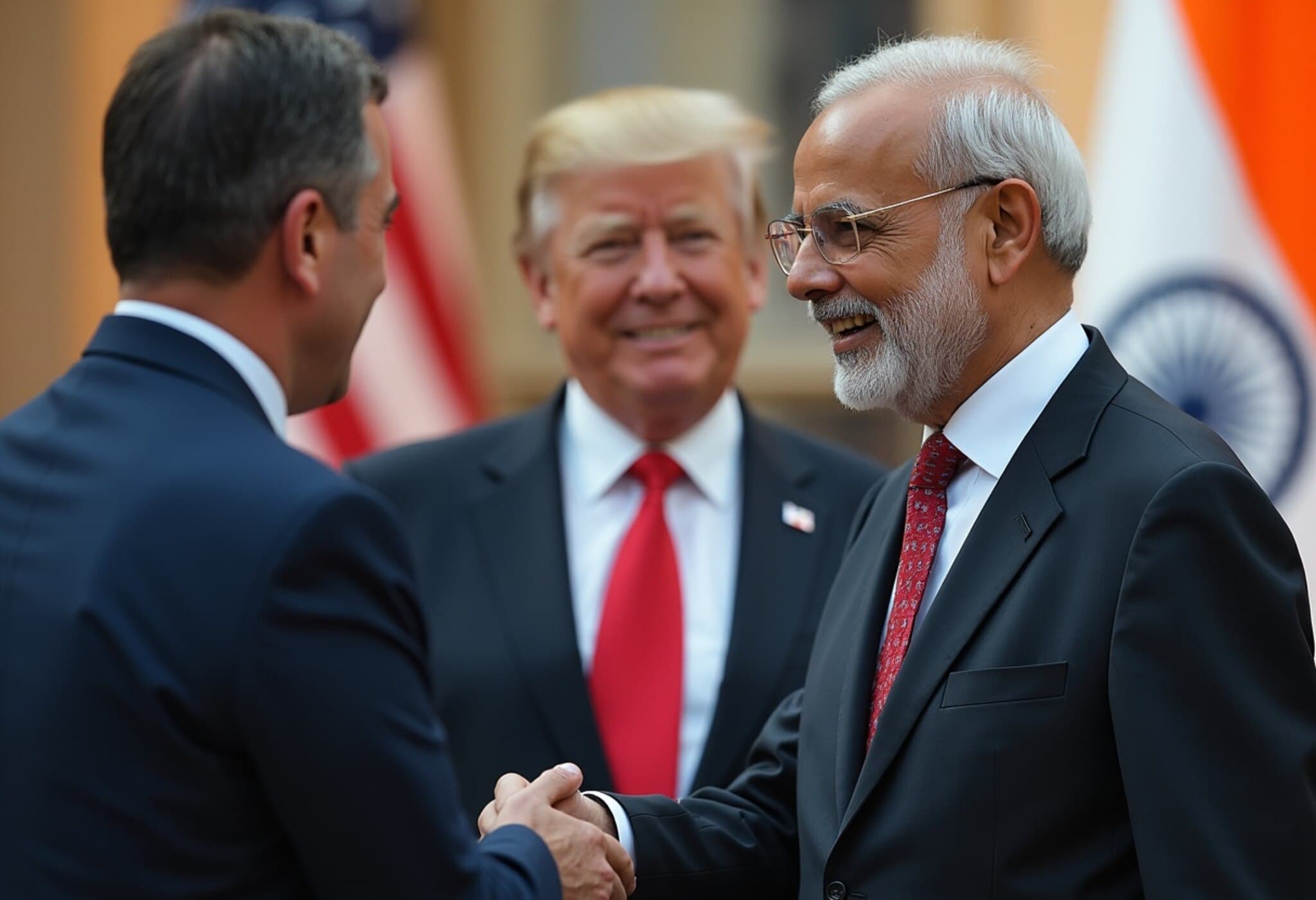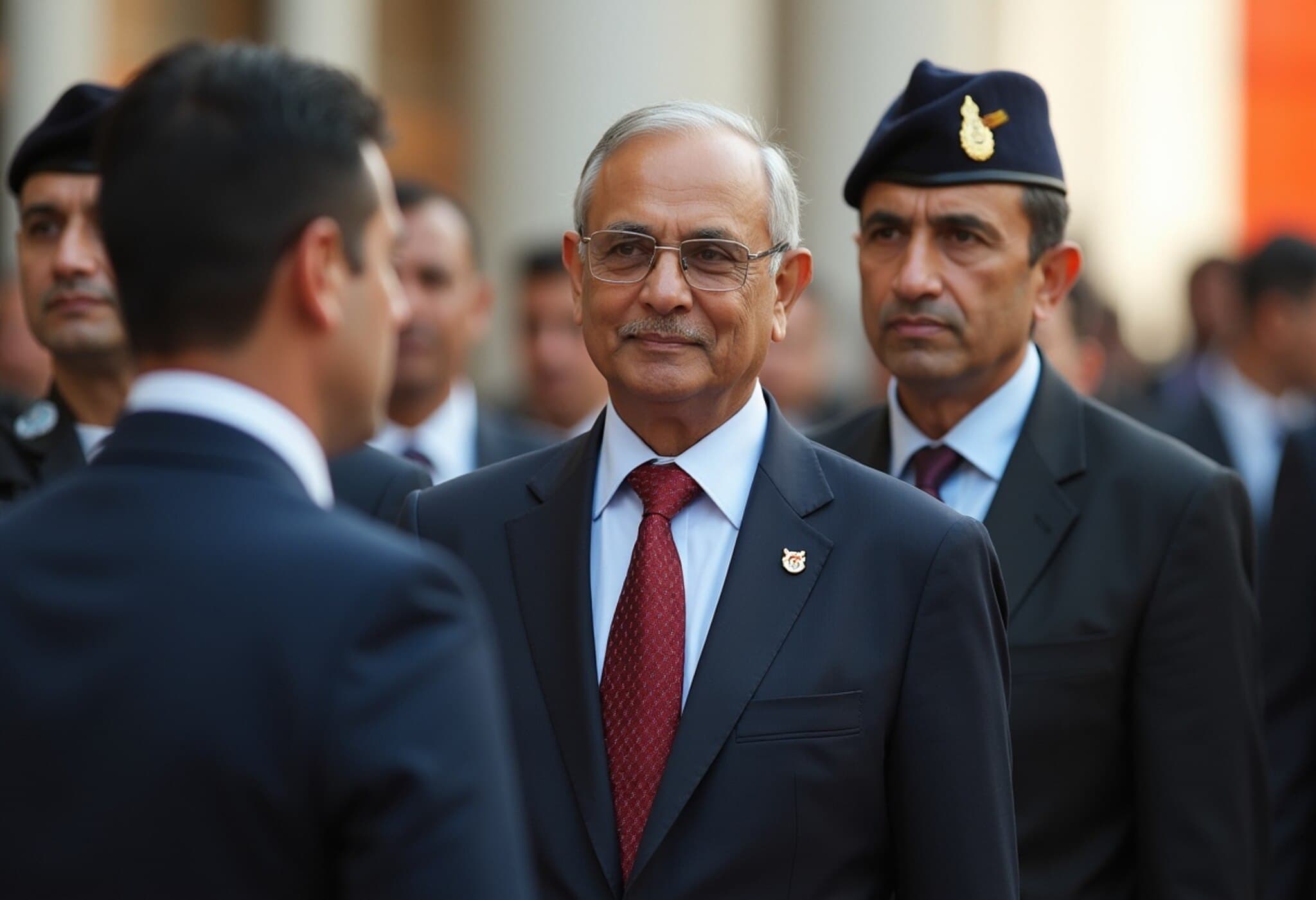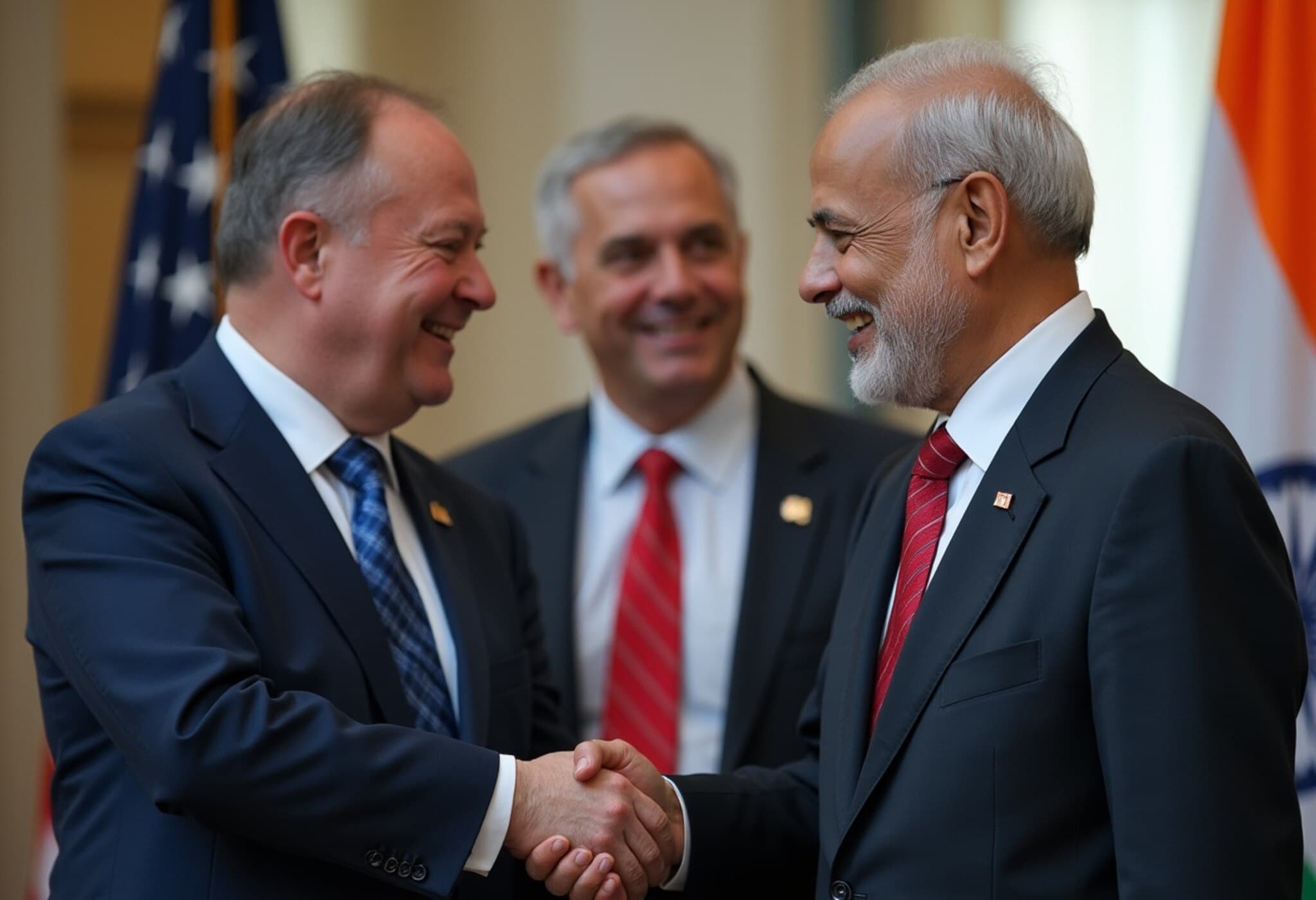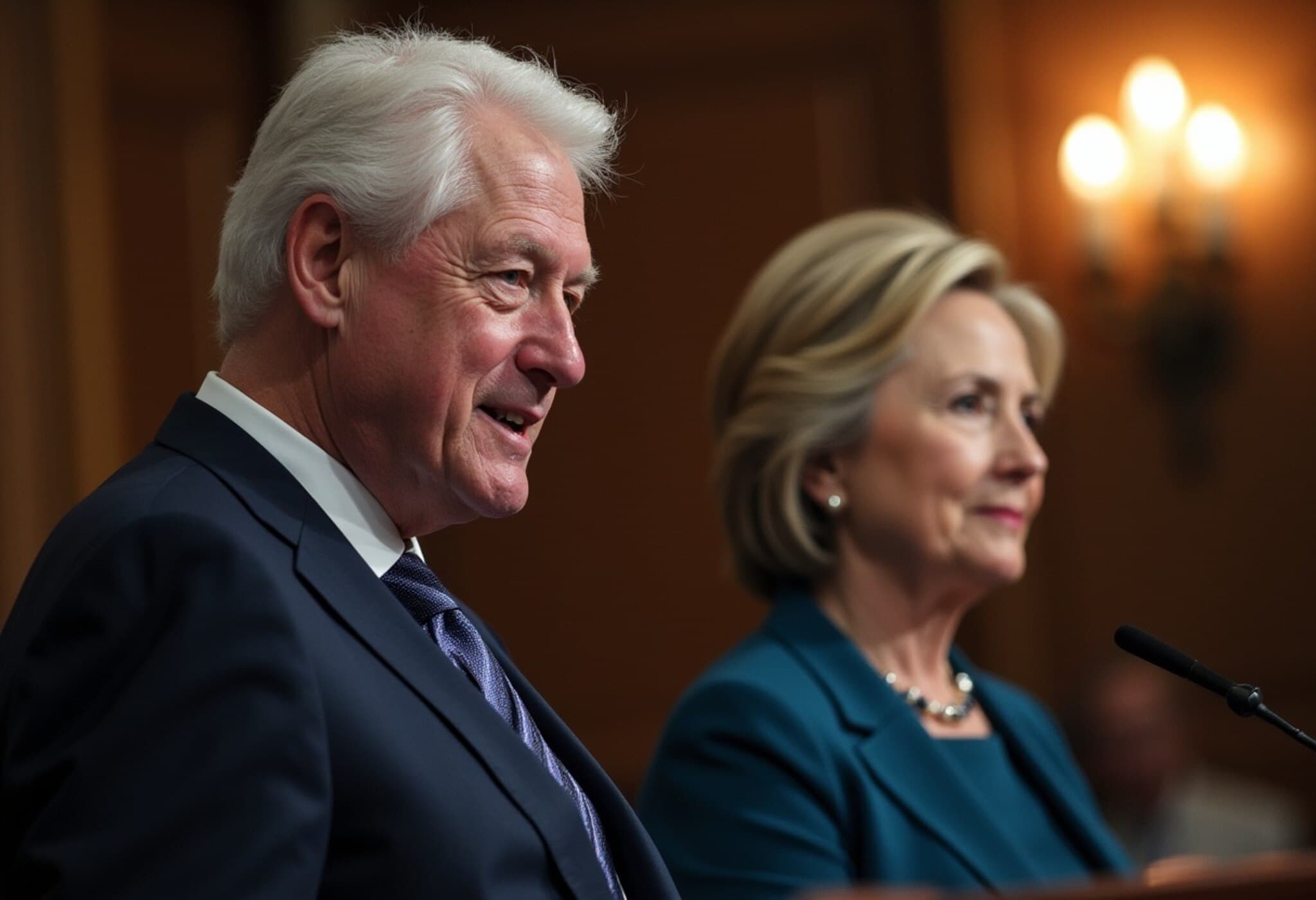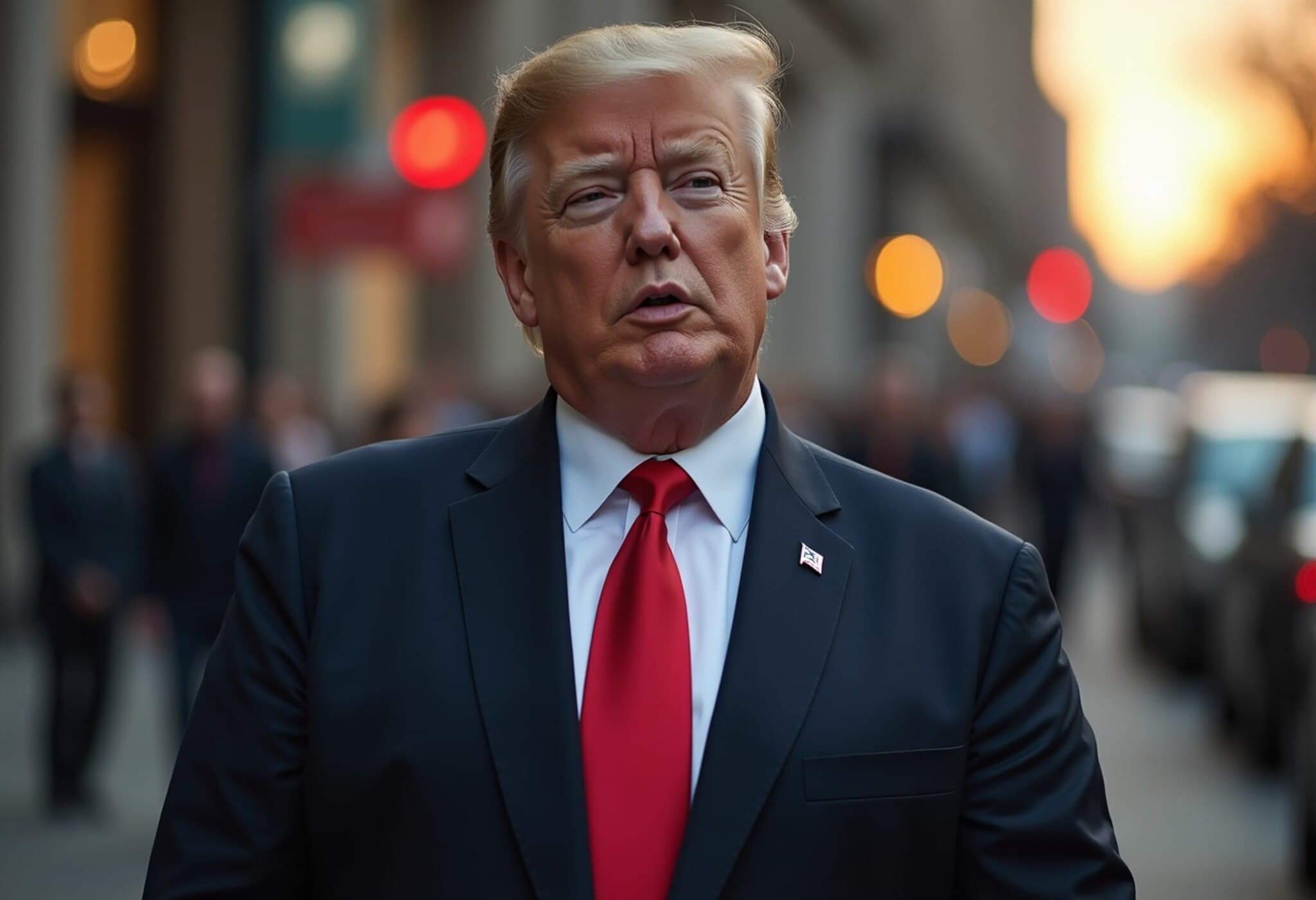India’s National Security Adviser Ajit Doval Heads to Moscow Amid Rising US Pressure
In a significant diplomatic move, India’s National Security Adviser (NSA) Ajit Doval arrived in Moscow on August 5, 2025, for a critical visit aimed at strengthening the longstanding strategic partnership between India and Russia. This visit has garnered heightened attention against the backdrop of deteriorating trade relations between New Delhi and Washington.
Background of the Visit
Originally scheduled as part of routine diplomatic engagements, NSA Doval’s trip has acquired a fresh urgency following escalating tensions with the United States over India’s ongoing procurement of Russian military hardware and crude oil. The trip underscores New Delhi’s intent to assert its sovereign foreign policy choices amid pressures from global powers.
What’s at Stake?
The India-Russia alliance has historically been robust, particularly in defense cooperation and energy trade. Doval’s meetings with senior Russian security and defense officials are expected to focus on:
- Enhancing regional security cooperation, including counterterrorism initiatives;
- Deepening defense procurement ties, crucial for India’s military modernization;
- Securing energy supplies amid volatile global oil markets.
The US Factor: Tariff Threats and Trade Tensions
Complicating this geopolitical equation are recent statements by US President Donald Trump, who threatened to impose steep tariffs on Indian imports. Specifically, Trump announced an increase in tariffs on Indian goods from the existing 25% to a "very substantial" level within 24 hours, citing India’s continued imports of Russian oil as a primary cause.
Trump criticized India’s trade policies, denouncing its "zero tariff" offers on US products as inadequate. He further accused India of indirectly fueling the conflict in Ukraine through its commercial ties with Moscow. These developments echo a larger pattern of Washington asserting pressure on its allies to isolate Russia economically.
Implications for India’s Strategic Autonomy
India finds itself walking a diplomatic tightrope, balancing its historic defense and energy relationship with Russia against the imperative to maintain growing ties with the United States, a key partner in the Indo-Pacific strategy. The tariff threats signal potential economic ramifications for India’s export sectors, with industries ranging from textiles to pharmaceuticals potentially affected.
Expert analysts note that India’s approach reflects a broader assertion of strategic autonomy—pursuing national interests even when they clash with policies of powerful international actors. The current scenario underscores a complex diplomatic choreography as India recalibrates its foreign policy in an era of great power competition.
Unaddressed Questions
- Will the US follow through on escalating tariffs, and how will that impact India’s economy and global trade relations?
- How will India’s enhanced security ties with Russia influence the balance of power in South Asia and the Indo-Pacific?
- What are the long-term implications for India’s approach to energy security amid the global push to reduce dependence on Russian oil?
Looking Ahead
NSA Doval’s diplomatic dialogue in Moscow may set the tone for India’s broader geopolitical strategy in the coming months. With global power alignments shifting rapidly, India’s ability to maintain strong bilateral ties while balancing external pressures will be crucial.
Editor's Note
This visit highlights the delicate interplay between economic interests and security partnerships in today's global arena. India’s unwavering commitment to its partnerships, despite mounting US pressure, offers a case study in sovereignty and strategic independence. As tariff threats loom, the unfolding developments warrant close attention to gauge their ripple effects on regional stability, economic diversification, and the future of global diplomacy.


